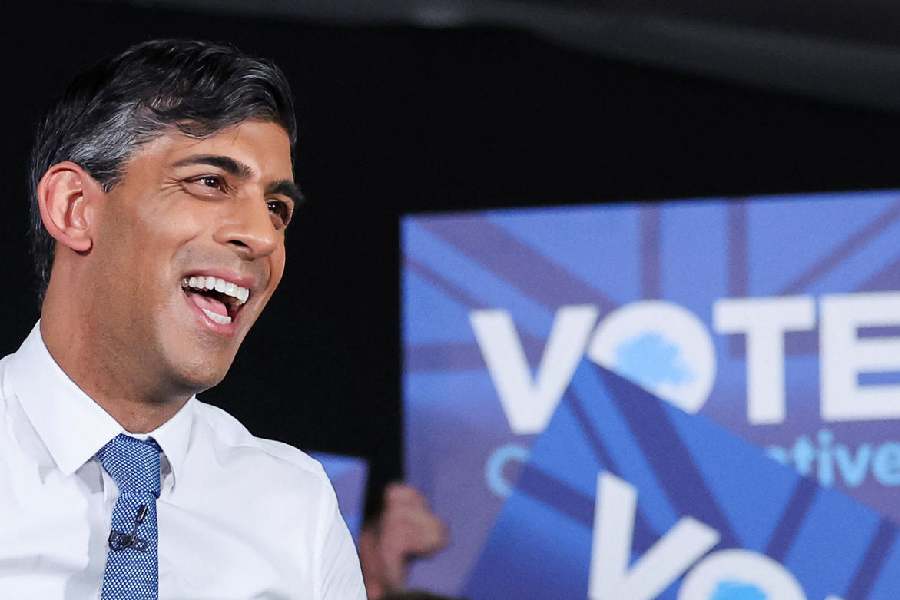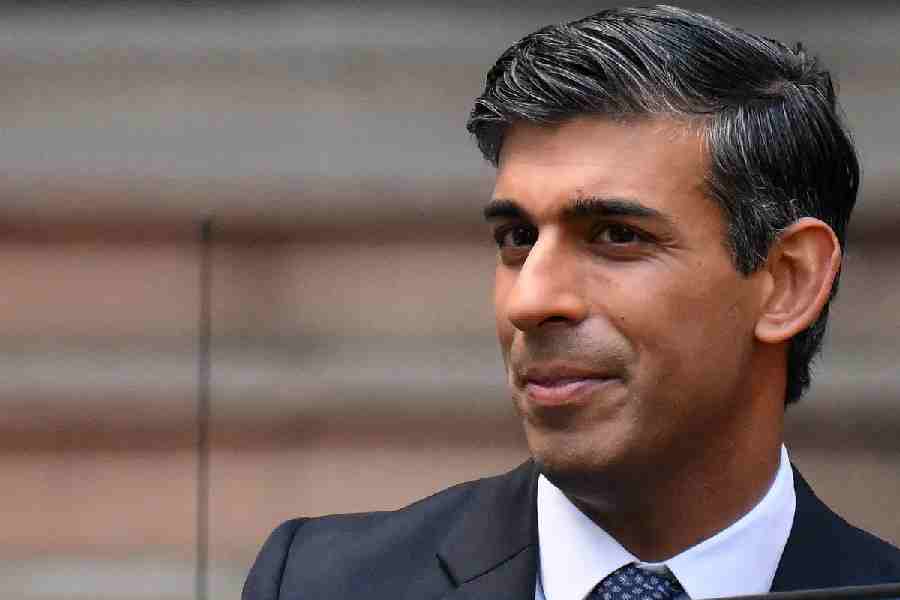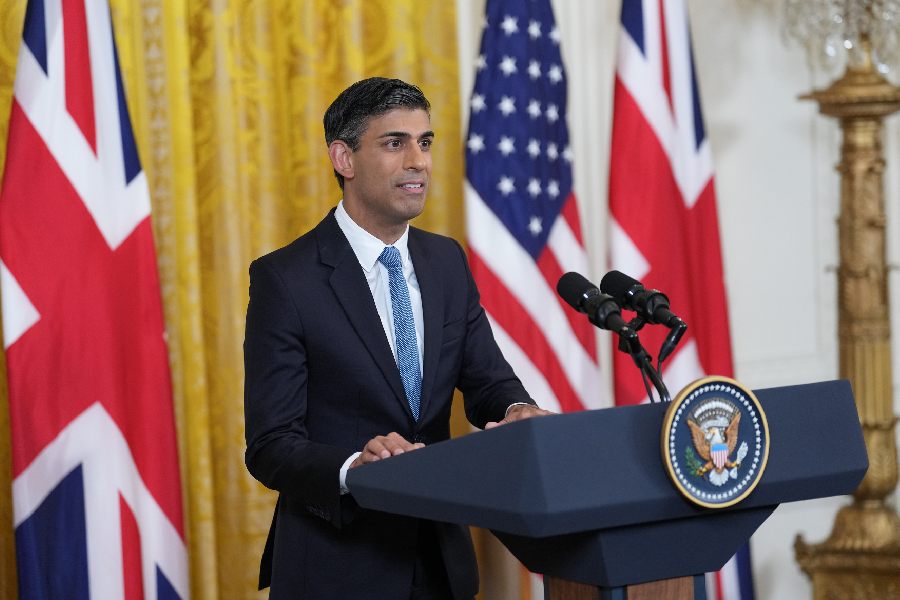Rishi Sunak, his Conservative Party colleagues and Opposition Labour Leader Keir Starmer and his shadow cabinet hit the campaign trail with gusto on Thursday, a day after the British Prime Minister surprised many within his ranks by calling an election just six weeks away on July 4.
The 44-year-old British Indian leader’s rain-soaked speech on the steps of 10 Downing Street on Wednesday evening sent the political corridors of the country into a flurry of activity, with Sunak hitting the ground running with a campaign event in east London right after with his three poll pitches of “Clear Plan, Bold Action, Secure Future”.
“Over the next few weeks, I will fight for every vote,” he pledged.
Asked by the BBC why he chose to fire the starting gun for the election race getting drenched in the pouring rain, Sunak replied that it showed that he is "not a fair-weather politician".
"I believe very strongly in the traditions of our country. And when prime ministers make important statements like that, they do it on the steps of Downing Street come rain or shine. And I believe in those traditions and that's why I did what I did," he explained.
The Opposition Labour Party Leader, Starmer, kicked his campaign off with a simpler one-word message – “Change”.
"On July 4 you have the choice. And together, we can stop the chaos. We can turn the page. We can start to rebuild Britain, and change our country,” he declared.
The reaction to a summer general election, which was not expected before October when Sunak would have completed three years in office as Prime Minister, has been mixed – with many Tory MPs fearful of losing their seats due to the anti-incumbency that has built up after 14 years of the party being in charge.
Almost every pre-election survey shows the governing Conservatives trailing behind Labour, which is holding a firm 20-point lead after securing decisive wins in the local elections held just earlier this month and seen as a sign of things to come.
"I am feeling quite emotional about all this. I was anticipating an autumn departure from Parliament and still had important issues to raise on behalf of my constituents between now and then. I am sad that I won't now get to do that," said Tracey Crouch, one of the backbench Tory MPs more vocal about the displeasure over the election timing.
"A great amount has been achieved over those 14 years and during this campaign, I look forward to speaking to voters about my record of delivery both locally and nationally," said another backbench MP Priti Patel, who chose to be more positive.
Poll watchers believe that Sunak decided to take the gamble of an earlier election as he was convinced that nothing much would improve by the October-November timeline being pitched earlier. With inflation hitting a 2.3 per cent mark this week, indicating an improvement in the cost-of-living crisis that has crippled the UK economy since the COVID pandemic, he decided to take the plunge into a trim six-week election campaign.
The economy will be the central plank of Sunak’s pitch to the nation, saying the inflation figures are "proof that the plan and priorities I set out are working". Immigration and investment in the defence sector will be some of his other key focus areas, claiming that the Opposition by contrast has no clear plan on these crucial issues.
The Labour Party, on the other hand, is on a slightly easier wicket with its focus being on how they plan to turn things around after the “chaos” of a Conservative Party-led government.
The British Parliament is now into just days of so-called "wash-up" when the government finalises and concludes non-contentious pieces of legislation before its dissolution next week. Under the timeline now set, a new Parliament is likely to be in place in the week following the election results on July 5.
Except for the headline, this story has not been edited by The Telegraph Online staff and has been published from a syndicated feed.












